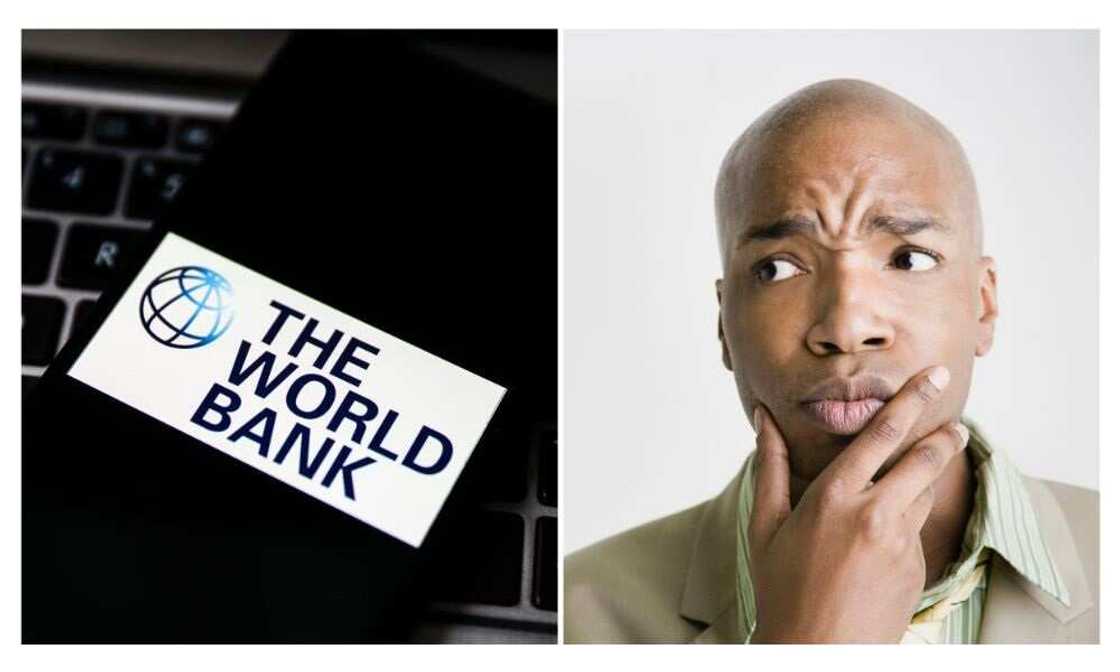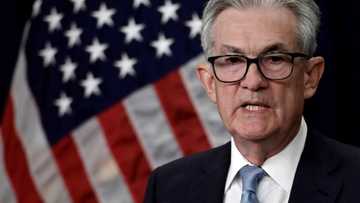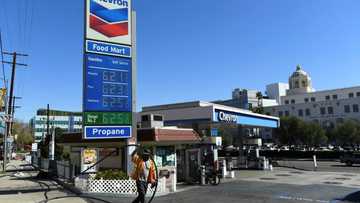Trouble For Nigerian States as World Bank Raises Alarm Over Declining Revenues
- The declining revenue collection from the federal government will jeopardize the chances of many states raising revenue in 2022
- The World Bank in its report stated that many states in Nigeria will miss out on oil windfall from the federal government as they face deductions by FAAC
- According to the bank, the states will not meet their obligations of paying salaries and other financial payments
Declining revenue from oil and gas will be the undoing of many states in Nigeria as they miss out on the N18.8 billion oil and gas windfall from the federal government.
According to a report by The Punch, the World Bank said the states will become insolvent and not partake in the oil revenue as the federal continues to scrape through revenue collections.

Source: Getty Images
The World Bank stated this in its Nigeria Development report themed: The Continuing Urgency of Business Unusual.
Lack of funds from FG harming Nigerian states
According to the bank, the dwindling revenue from the Nigerian government had put many states in a dangerous financial situation.
PAY ATTENTION: Join Legit.ng Telegram channel! Never miss important updates!
The Washington-based lender stated that several states in Nigeria would be unable to meet their financial obligations, saying that there was an increase in debt servicing expenses from many states in Nigeria.
The report said:
“In addition, debt servicing expenditures at the state level are also mounting due to a decline in gross statutory account revenue transfers from the federation account allocation committee, which comprises oil and non-value added tax, non-oil revenues.”
It further stated that the anticipated higher VAT collection or gains in independently-generated revenue would make up for the lower transfers from the Federal Account Allocation Committee (FAAC) this year.
States to face serious financial challenges in 2022
The bank forecasted a 2.7 decline in FAAC transfers in 2022 in comparison to that of 2021, saying that it will push the states into more indebtedness and slash unnecessary expenses.
The report states:
“Stagnating net oil revenues will significantly affect the fiscal situation at the state level. State governments are projected to collectively receive 2.7 per cent fewer revenues than in 2021, as federal transfers are estimated to decline by 10 per cent against 2020 levels.
“Lower transfers will cause state governments to incur debt or drastically slash discretionary expenditure. Although states receive the majority of VAT revenues, VAT increases would not make up for the loss of net oil revenues.
“As a result, in 2022, the average state in Nigeria will lose N18.8bn in oil and gas revenues, while optimistic projections place average gains from VAT and the electronic money transfer Levy at N7.1bn per state, and average increases in each state’s independent revenues at N6.7bn. As a result, the average state can expect to lose N5bn in revenue in 2022.”
World Bank warns Nigeria: You’re paying too much subsidy instead of health, education, welfare budget
Recall that Legit.ng reported that the World Bank has warned Nigeria that it paying too much attention to subsidies than taking care of education, health, and welfare for its citizens.
The bank said removing subsidies from the fuel would free resources for the government for its poverty alleviation programme.
The bank, in its latest update on Nigeria, themed: ‘The Continuing Urgency of Business Unusual’ released on Tuesday, June 14, 2022, said that in 2021, Nigeria’s petrol subsidy cost the country around $4.5 billion about two per cent of its GDP, far above the government’s spending on health, education and social welfare for the poor.
Source: Legit.ng




